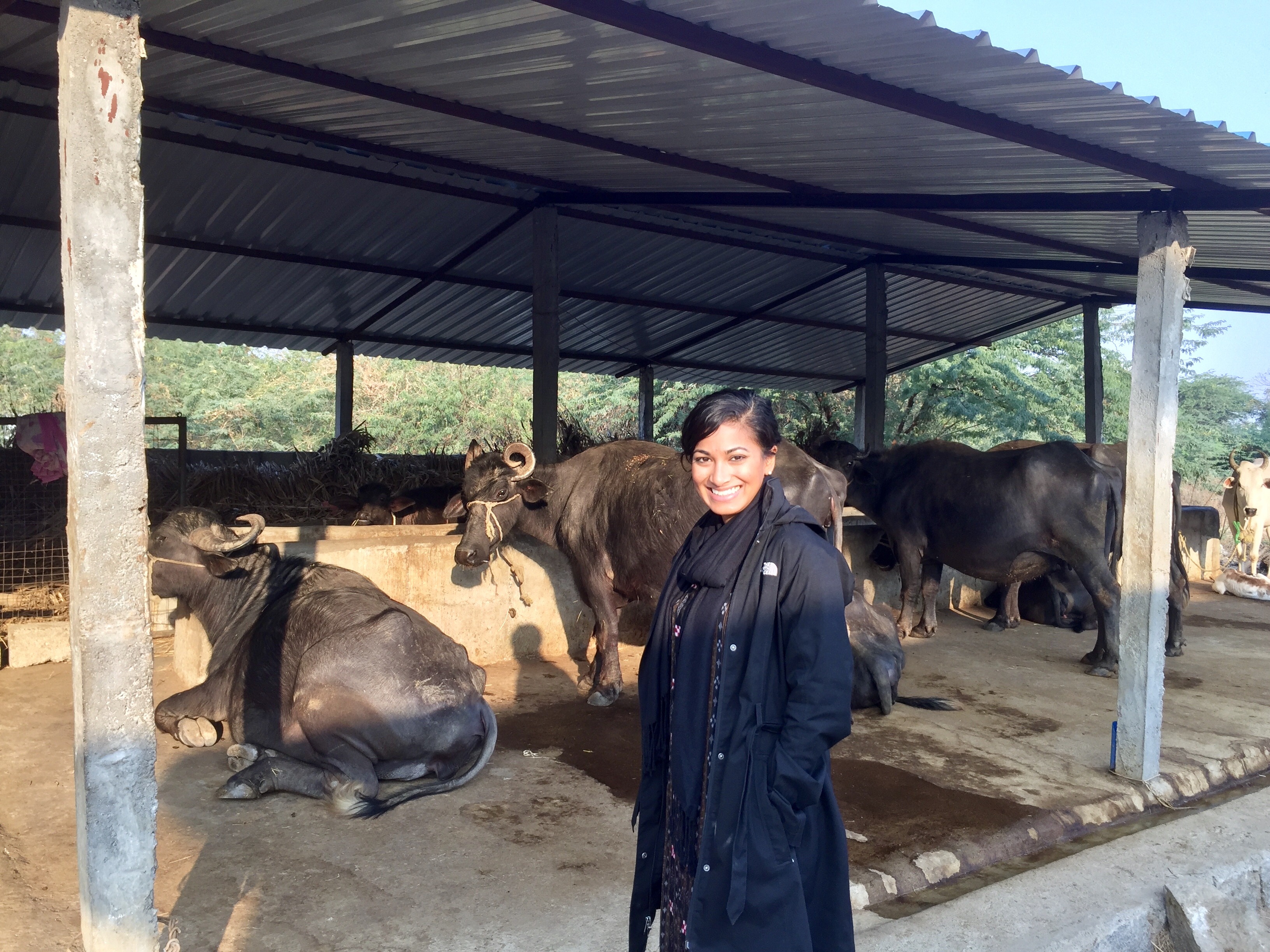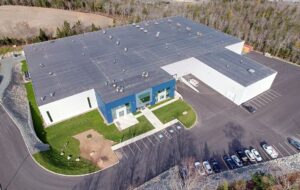Joy Basu is the Agriculture and Food Lead for the $2 billion Rise Fund, the social impact fund from private equity giant TPG’s Growth platform.
The firm has made several agrifood tech investments through it’s growth equity fund TPG Growth and its renewables fund TPG ART including ag biotechnology startup Inocucor, Brazilian digital ag company Solinftec, home-cooking technology startup Brava Home, fertilizer company Anuvia Plant Nutrients, and big data for ag platform Gro Intelligence.
The Rise Fund is an impact-focused fund under the TPG umbrella basing its impact thesis on the United Nations Sustainable Development Goals (SDGs), a collection of 17 goals such as ending poverty and hunger, taking action on climate change, clean water, sustainable cities, responsible consumption and production, and more. The fund has dedicated staff in the areas of agriculture and food, financial services, technology, media, and telecommunications, energy, and education.
Founded in 2016, the Rise Fund announced its first food and agriculture investment in an Indian Dairy operation, in May 2017.
Dodla Dairy, a Hyderabad, India-based milk production company, shares were sold for $50 million to the Rise Fund. Some reports indicate the stake was purchased from Proterra Investment Partners, part of the spun out investment arm of Cargill, Black River. Proterra owned around a 25% stake in the business.
We caught up with Basu ahead of the World Agri-Tech Innovation Summit, where she is a speaker, to discuss how she approaches impact investing in agriculture and how agtech can fit into an impact investing thesis.
How do you prioritize the impact that your potential investments are making?
Every investment that we make has to be first backed by independent research on how that company’s product, service or operations has been proven to drive meaningful impact in the past. What we consider meaningful impact is what’s in line with the SDGs. What we really look for is: What has already been demonstrated by the evidence? Within any particular intervention, we really look at what the research has shown is the most impactful lever in that investment.
When we’re prioritizing, we look at one, two, or three of what we call “impact pathways” that are related to the core operations of that company. We look at the research to understand, “how do we maximize this impact through the scope of this business?” That’s impact at an investment level.
Could you talk through that in the context of the investment that you announced last year in Dodla Dairy?
What the research has shown that really drove that investment is that providing smallholder farmers with reliable access to offtake for their produce is a significant way to increase smallholder income. That’s because you give them something that they can invest behind. They can invest in better animals, they can invest in better feed, they can invest in veterinary care. It also lowers their transaction costs.
That’s the big impact that the research has demonstrated, and it’s been replicated across value chains particularly relevant in dairy in India. That’s really what we’ve coordinated our business-building around maximizing, and that’s a key impact that we’re trying to drive through this investment. Now there are other benefits that relate to human nutrition, both in terms of the farmer and in terms of the consumers when it comes to access to milk. Those are things that we’re always learning about and trying to support where we can and as the evidence bears out. But our main thesis is what I mentioned about increasing farmer incomes by essentially providing a reliable source of offtake.
And how did you land in India with this investment? You could have invested in dairy anywhere, right?
First and foremost, from a macroeconomic themes perspective, the Indian economy is very investable right now. Particularly when it comes to the tailwind behind the world’s largest and fastest-growing milk market. What was particularly interesting is the structure of dairy there, in that you have a lot of small farmers who want to provide milk. And you have a rapidly urbanizing middle class that still would like access to milk, but they’re increasingly getting that through the formal sector.
We found that the structure of this moment in time in the Indian market really enabled us to use a private business to also drive the impact that we wanted to see.
Do you imagine that the rest of your investments will be in very physical assets like that?
Our plan is to find the best deals for our LPs. I think there are a lot of opportunities for impact in what we consider traditional assets, particularly in emerging markets. And there are lots of opportunities for impact with newer technologies. There are ways that we know that agriculture can do better. We should share that knowledge, find those systems, and reinforce and build those businesses. And there are things that we know we need to figure out a new technological solution to, and I’m really excited about a lot of the companies that are doing that as well.
What kinds of technology get you excited from an impact perspective?
I’m really excited about things that improve environmental efficiency. Reducing interests that are constrained, whether that’s water, whether that’s land, whether that’s the right and efficient use of various chemicals as inputs. I think that can have good social and environmental impact. I think there are also a lot of technologies that increase transparency across the value chain. Whether that’s letting us know as consumers where our food comes from and whether it’s safe, to also letting us know when food might be spoiling or wasting so that we make better utilization of everything that we’re growing.
Do you imagine that many of your investments will be in the developing world?
Our number one priority is finding the best deals in the world that we can execute on. I think that will end up being a pretty good mix in both the developing world and developed world.
What do you want the agtech venture space to understand about impact investing?
Agtech companies can be deeply impactful – but we need to hold a high standard for what we’re seeking to achieve and who we’re able to empower or benefit. There’s a huge need and opportunity for agriculture to do better socially and environmentally. I hope we don’t let complacency or small thinking hold back those innovations.




